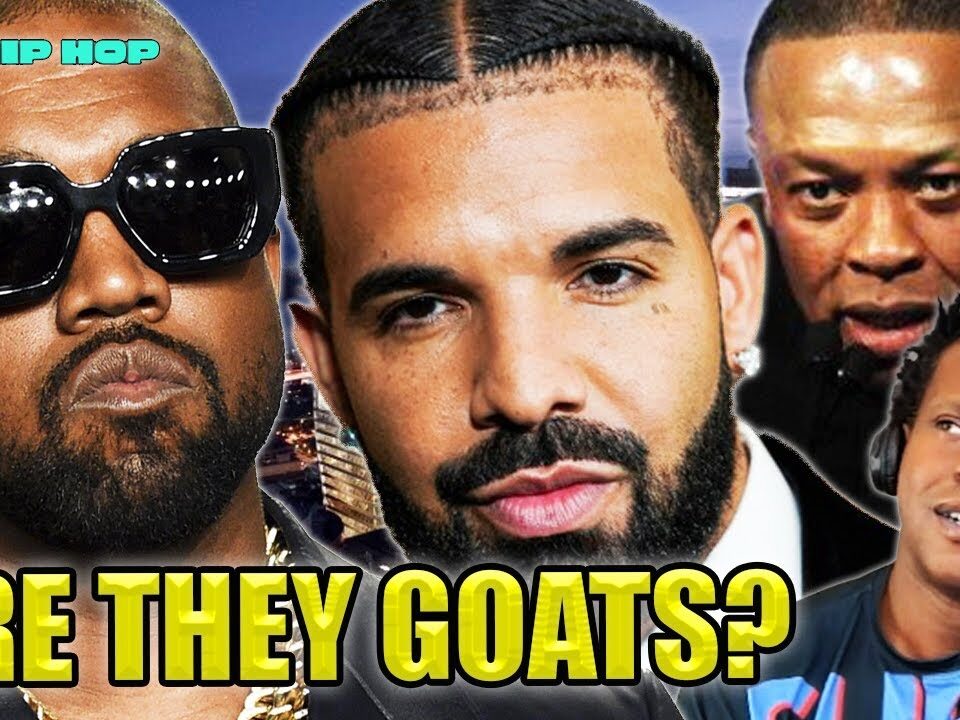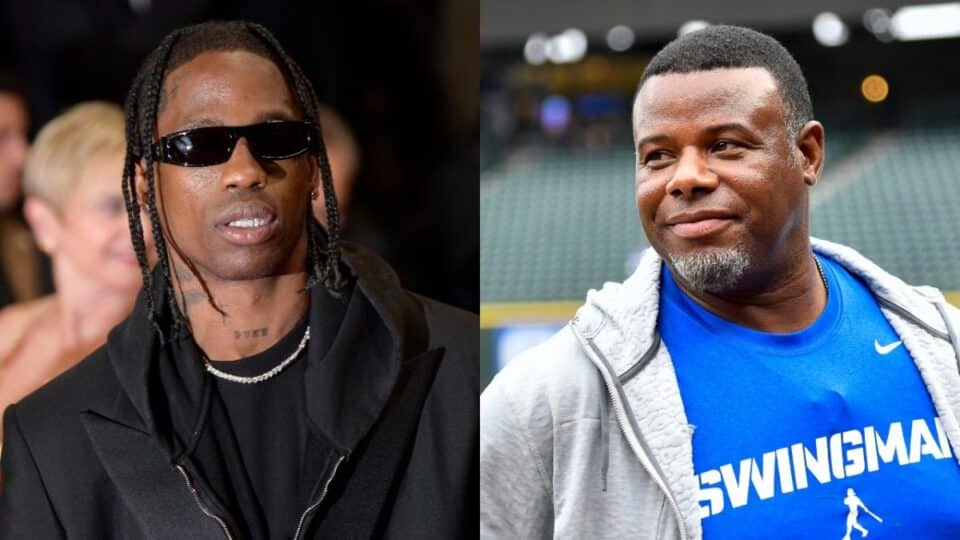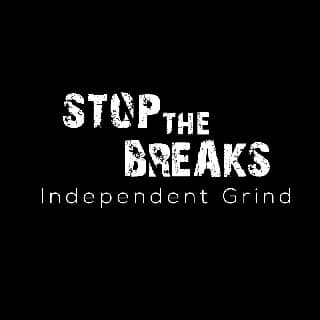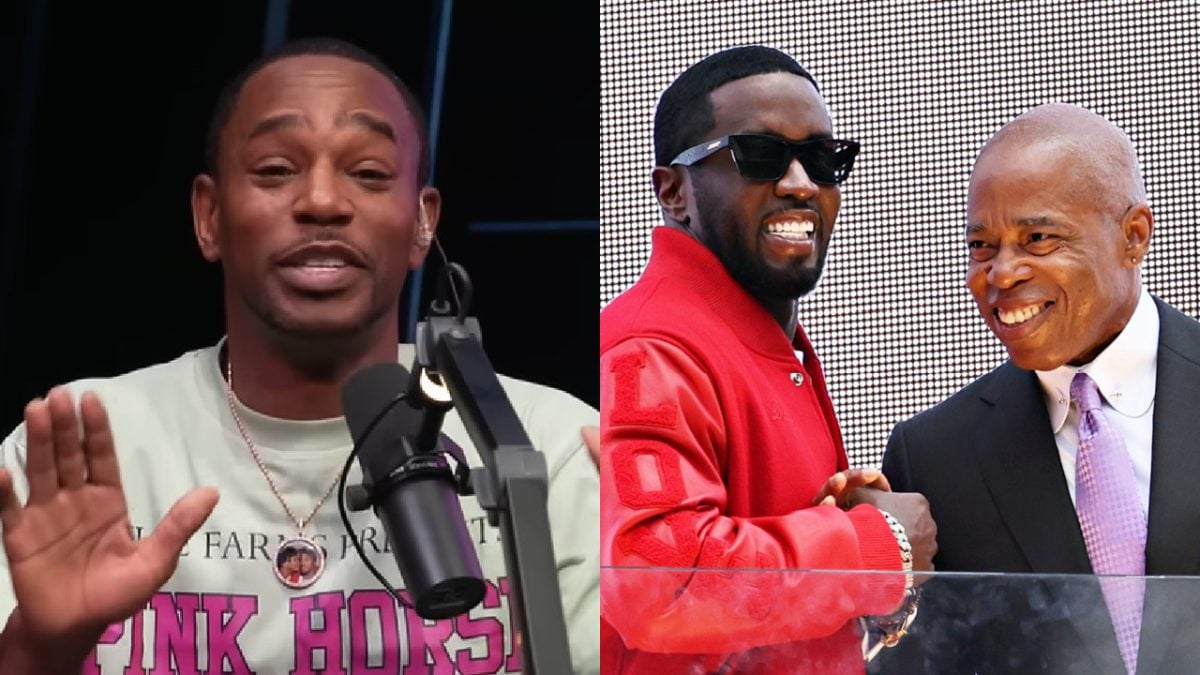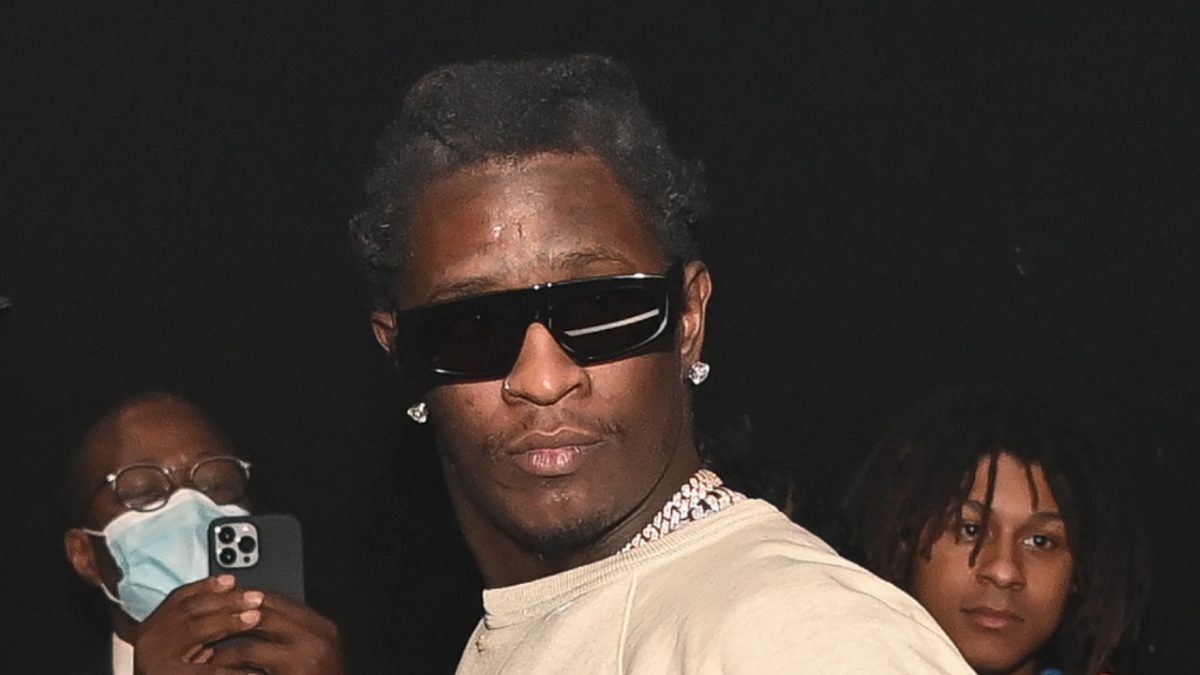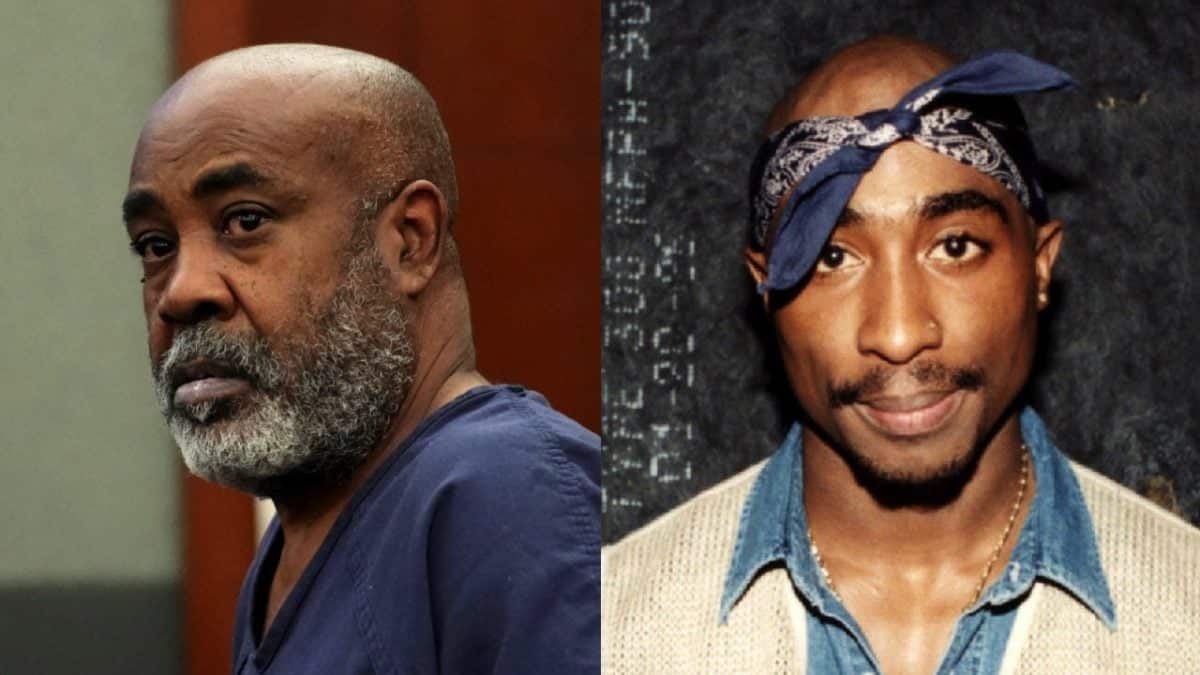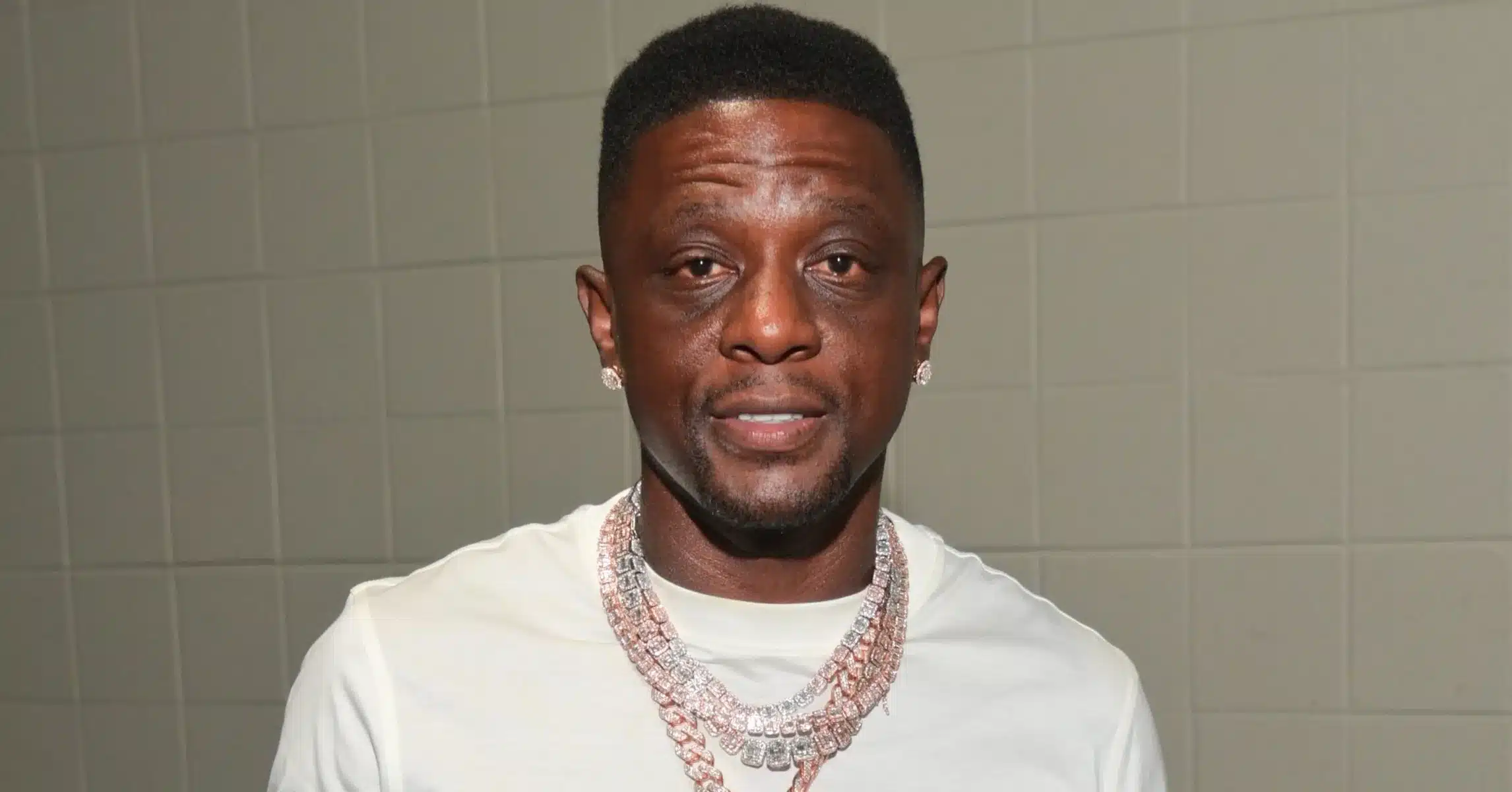The hip-hop industry is rife with debates about authenticity and originality. One of the most contentious issues is the use of ghostwriters. This article delves into the discussions surrounding this topic, drawing from various perspectives within the industry.
Fans and critics alike have long debated what it means to be a ‘real’ artist. Is it about writing every lyric yourself, or can collaboration still produce genuine art? This exploration aims to shed light on these questions.
Understanding the Music Industry
The music industry is a complex web of interactions and roles. Many fans don’t fully grasp how it operates. It’s not just about the music. There’s a whole production team behind every successful artist, from songwriters to producers who help bring their vision to life.
Speaking to vs. Speaking for the Culture
In hip-hop, artists often find themselves either speaking to the culture or for the culture. When an artist speaks to the culture, they create something organic, deeply personal, and unique to their experiences. Speaking for the culture, however, often involves collaboration and a team effort, especially in highly competitive spaces like award shows.
The Debate on Ghostwriting
The topic of ghostwriting always sparks heated debates. Some argue that using ghostwriters undermines an artist’s authenticity. However, others believe that collaboration is essential for creating high-quality content. The discussion extends to popular figures like Drake, who, despite using ghostwriters, remains a significant force in the industry.
The Case of Dr. Dre and Kanye West
Dr. Dre and Kanye West are prime examples of artists who have used ghostwriters without facing the same scrutiny. This is largely because they identify more as producers than sole rappers. Their openness about collaborating with writers sets them apart from other artists who may hide such contributions.
Drake’s Unique Position
Drake’s situation is unique. He works within a collaborative camp but still claims to be the best. Despite having a team of writers, his consistency in producing hits for over a decade sets him apart. Many argue that his sustained success makes him one of the greatest, regardless of the assistance he receives.
In addition to his collaborations, Drake’s versatility is noteworthy. He can transition between different genres, such as hip-hop and R&B, seamlessly. His ability to adapt keeps him relevant and continuously successful, contributing to his long-standing dominance in the music industry.
The Influence of Social Consciousness in Music
Social consciousness and storytelling are often considered crucial elements of hip-hop. Icons like Nas have incorporated these aspects into their work, addressing social issues through their music. Critics argue that Drake lacks this element, which some view as a significant gap in his artistry.
However, Drake’s mission seems broader. While he may not delve into social issues as deeply as others, his goal appears to be to entertain on a grand scale. His approach aims to reach a wider audience beyond just hip-hop enthusiasts, expanding his influence in the music world.
Comparisons With Michael Jackson
Drake’s aspiration to be a global icon is reminiscent of Michael Jackson’s journey. Like Jackson, Drake aims to be more than just a genre artist. His foray into different musical styles, including a house album, demonstrates his versatility and ambition to be a universal entertainer.
The comparison highlights the different paths artists take to achieve greatness. While some focus on lyrical prowess or social messages, others aim for widespread appeal. Drake’s strategy might diverge from traditional hip-hop expectations, but it aligns with his broader mission to be a global superstar.
The Ongoing Debate
Debates about authenticity and greatness in hip-hop are ongoing. Fans and critics alike weigh in on whether using ghostwriters disqualifies an artist from being considered the greatest. While opinions vary, the shared passion for the art form keeps the conversation lively and ever-evolving.
The debate over ghostwriting in hip-hop remains unresolved. Some argue for the purity of writing one’s own lyrics, while others see the value in collaboration. In the end, the discussion highlights the evolving nature of the music industry.
As hip-hop continues to grow, so too will its definitions of authenticity. Whether an artist writes their own lyrics or collaborates with others, their impact on the culture cannot be denied. The passion behind these debates underscores the importance of the genre in today’s music landscape.
